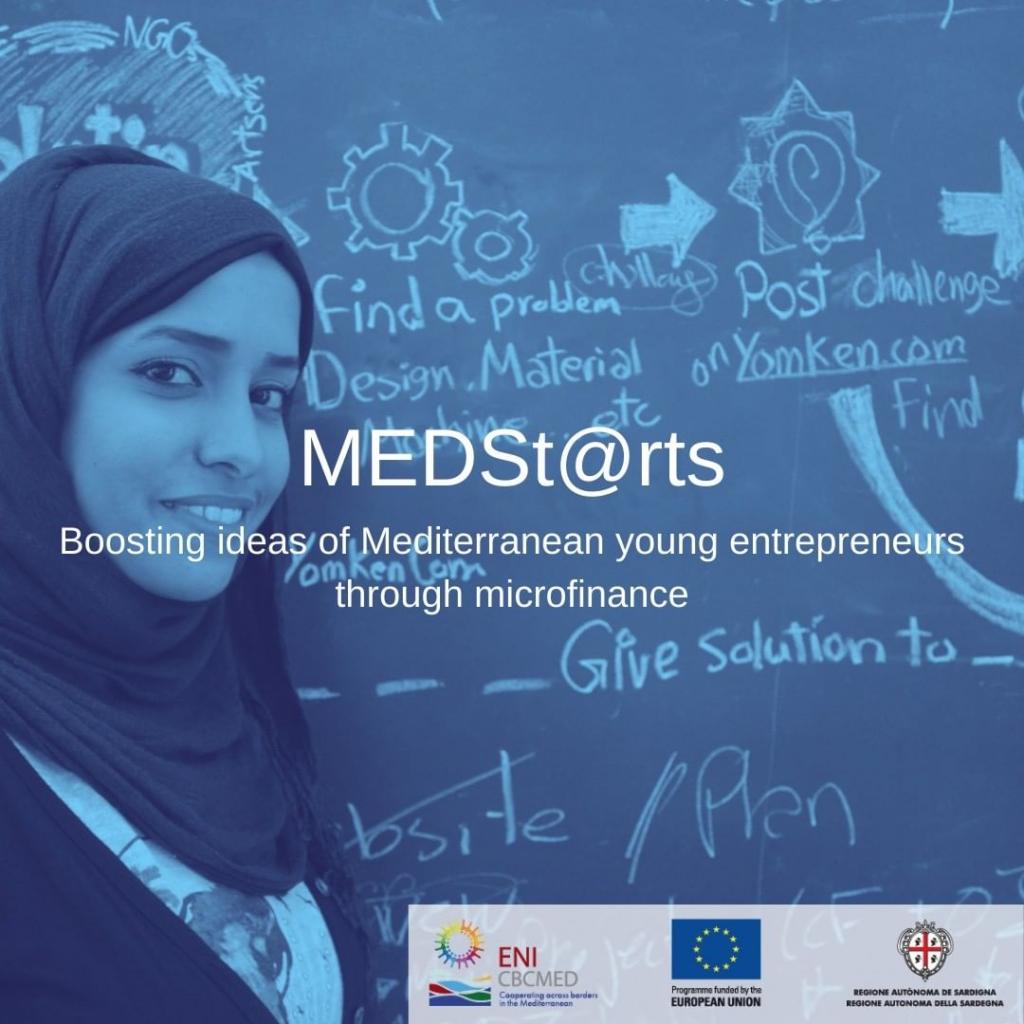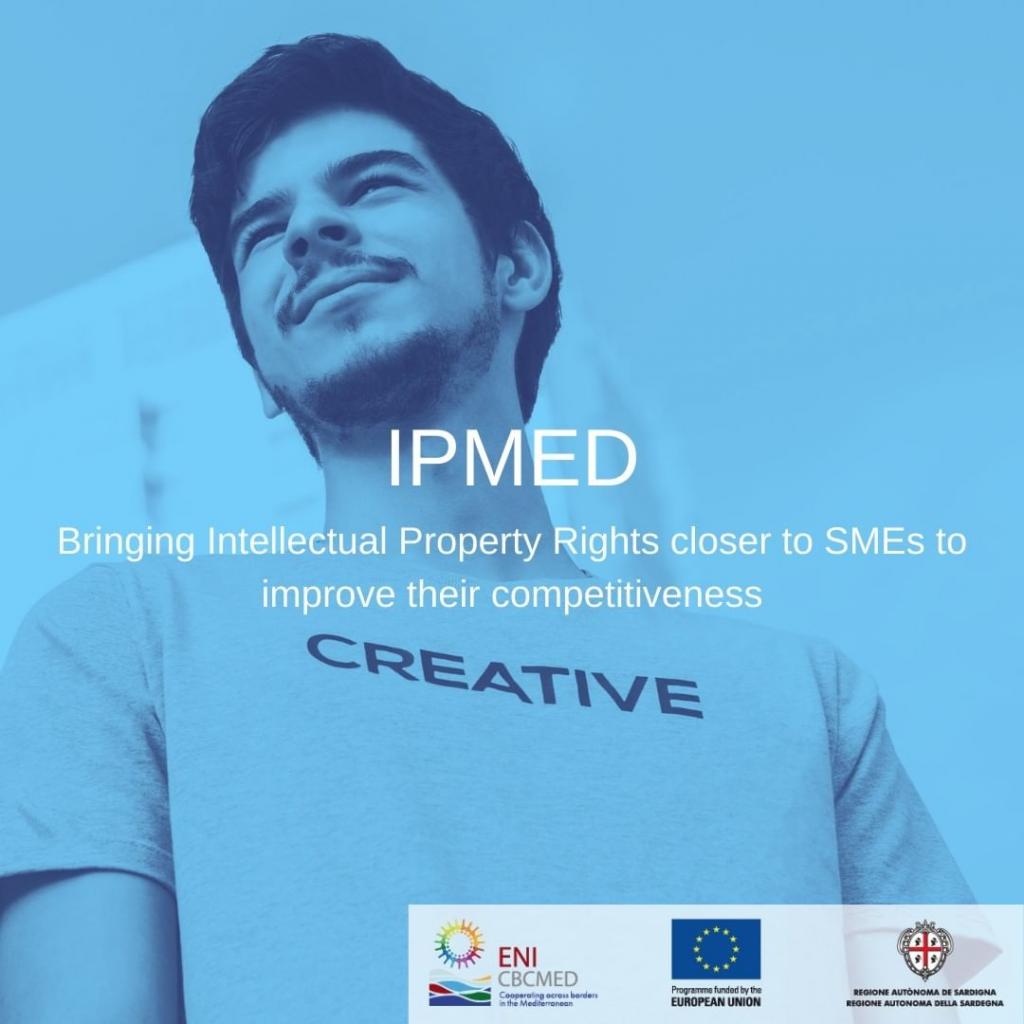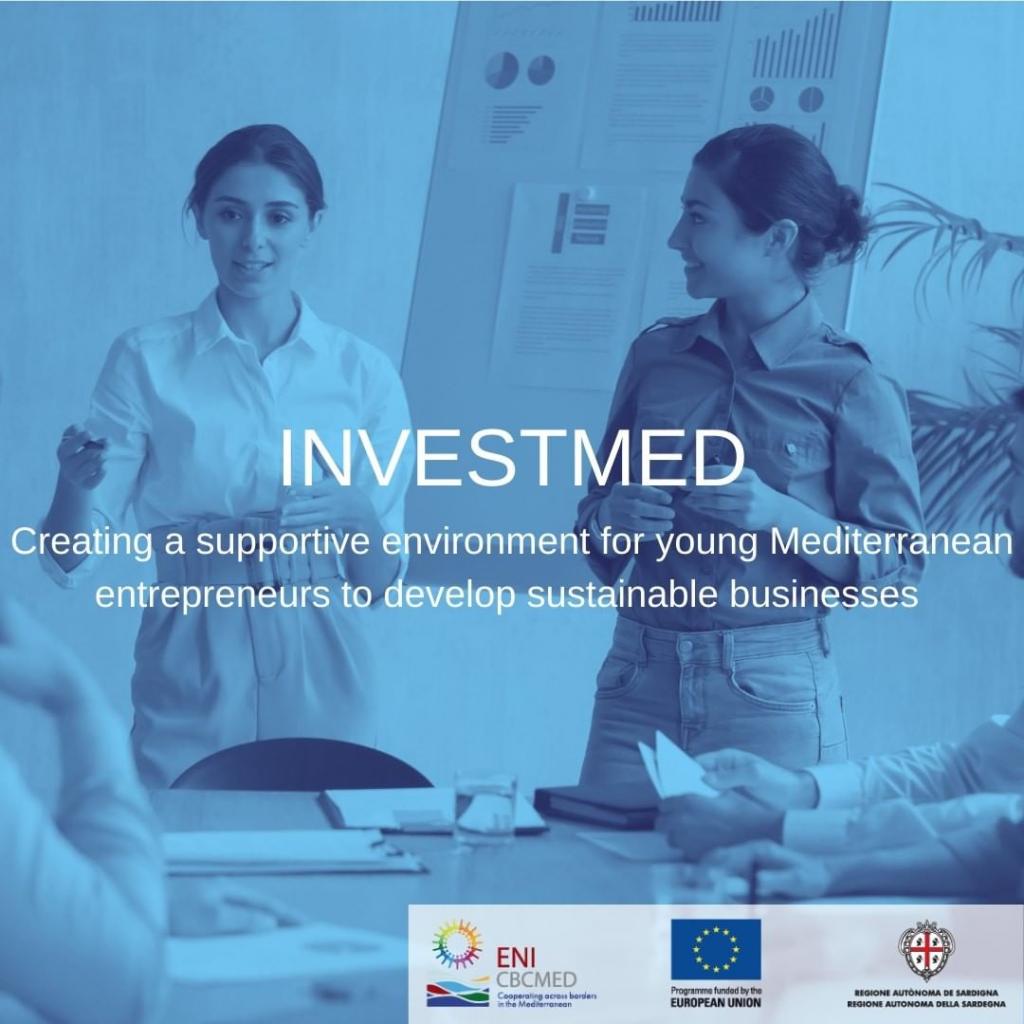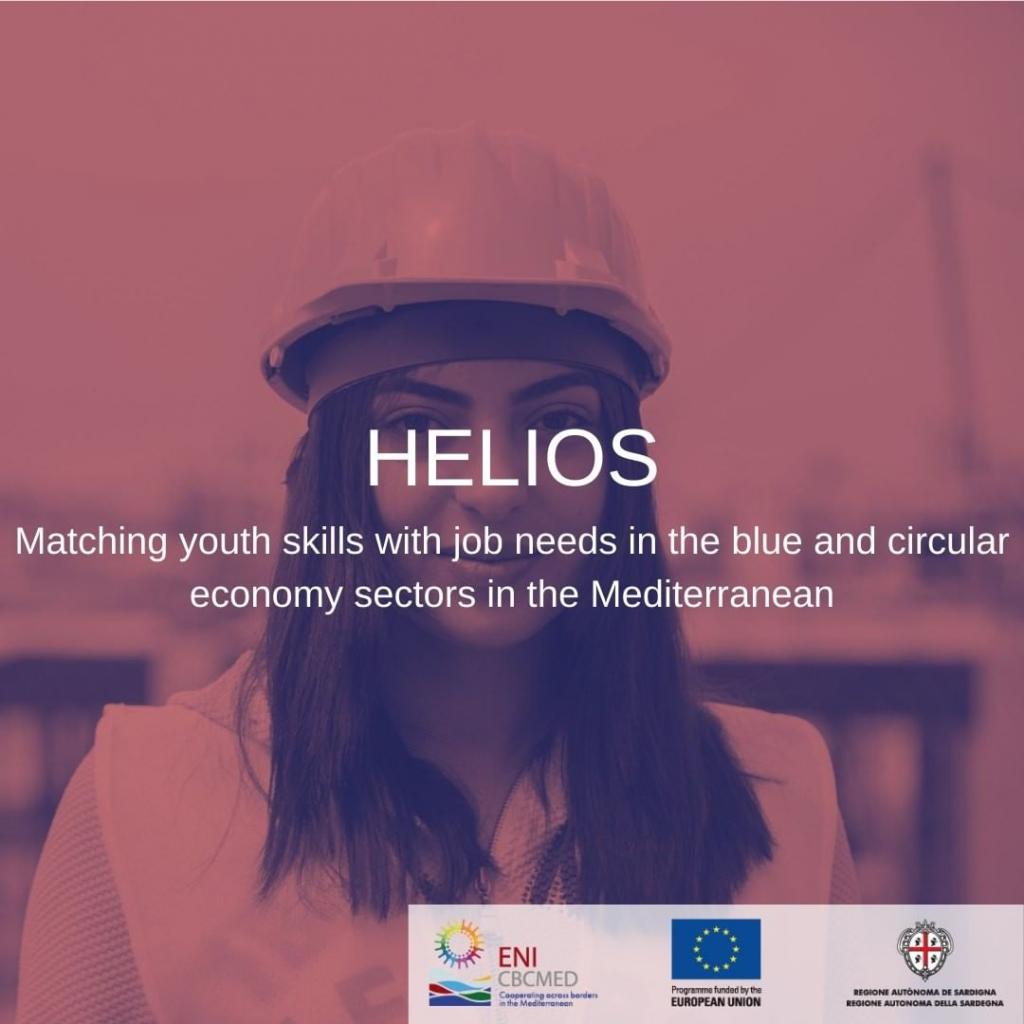RESET identifies 19 EU-funded projects supporting sustainable businesses identified to extract key learnings

Before analysing projects, you need to identify them. This is what our team of organisations did and presented at a virtual meeting held last Tuesday 31st of May, an introductory session to share the EU-funded projects that have been spotlighted. A total of 19 projects that support sustainable and green businesses in the Mediterranean region were presented, sources of knowledge from which RESET will be able to extract key learnings regarding how best to support eco-entrepreneurs and start-ups.
The aim of RESET is capitalising EU-funded projects. But…what does capitalise mean? Capitalisation is the process that enables the uptake of the results of a series of different projects. How can we do it? First step is identifying successful and efficient practices and ensuring their promotion and dissemination with concerned entrepreneurs and start-ups for a possible replication. The knowledge and best learnings extracted will be used for policy-making and capacity building efforts in a total of 7 target countries, which are: Algeria, Egypt, Israel, Jordan, Lebanon, Palestine and Tunisia.
Capitalisation is the process that allows to enable the uptake of the results of a series of different projects.
Projects which have been identified under the ENI CBC Med Programme are: GIMED, IPMED, MEDST@RTS, U-SOLVE, STAND Up!, HELIOS, INVESTMED and SIRCLES. The rest of the projects identified belong to other financing programs, which are: MEDGENERATION, Generation Entrepreneur, Aller, Switchmed II, MEDUP!, EMBRACE, SEED EURO-MED, EBSOMED, GRASPINNO, CREACT4MED and GRESS.
For the identification, analysis and synthesis of knowledge regarding how best to support sustainable and green entrepreneurs and start-ups, RESET will start its activities by researching and engaging stakeholders who need the knowledge and those who hold this knowledge to start a participatory process. Then, a series of actionable recommendations and strategies will be generated to later provide assistance to the targeted funded EU projects to help them capitalise the best practices identified by RESET.




What helps sustainable and green businesses succeed?
This is the key question that RESET will answer. With these 19 projects that have been identified RESET will conduct structured interviews with the staff members behind them. This action is needed to understand in-depth the project to be capitalized, the type of knowledge produced and the replicability/application in other contexts.
Together with that, there will be a conduction of preliminary surveys with the key stakeholders and beneficiaries’ representative from each project. The engagement from these stakeholders will permit to obtain a more comprehensive understanding of the project’s outcomes.









